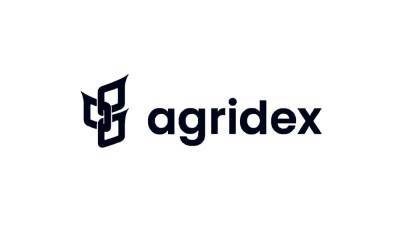LONDON / UK, 24 April 2025: Despite being a $2.7 trillion global industry, agricultural trade’s supply chains are burdened with outdated systems, high fees, and slow settlement times. AgriDex, a blockchain-based platform, is looking to disrupt this space with a new payment solution that could streamline cross-border agricultural transactions, reduce costs, and bring more transparency to the industry.
The company’s new product, Loam, is a USD-backed stablecoin payment rail designed to improve payment processes for agricultural exporters. Through Loam’s web-based platform, exporters can manage payments, process invoices, and complete trades with just a smartphone and an internet connection. AgriDex CEO Henry Duckworth explained, “There is a huge amount of friction in global trade, especially in emerging parts of the world. You can fix that with the digitization of contracts and easier payments.”
Loam aims to eliminate the need for costly document shipments, which are a standard part of traditional agricultural trade. Duckworth highlighted the inefficiency of relying on courier services to transport documents across vast distances. “Why not just do it all through your computer or mobile system?” he asked.
Building Trust and Blockchain Innovation
At the core of Loam’s functionality is a stablecoin payment system that uses smart contracts governed by English company law to enforce transactions. This approach helps mitigate risks from currency volatility and weak legal systems, often present in emerging markets.
However, the real challenge isn’t the technology but building trust among farmers and buyers. Duckworth emphasized the importance of addressing users' immediate concerns, especially older farmers, who may be hesitant to adopt blockchain technology. “We often work with older farmers who are naturally cautious, and we tell them, ‘Just test it with a smaller trade flow and a buyer you already know,’” Duckworth said.
The incentive for buyers to adopt Loam is clear: forex arbitrage. In countries like South Africa, users can gain up to 2% on USD conversions compared to traditional routes, offering a significant edge in industries with tight margins.
Source: PYMNTS.com




















